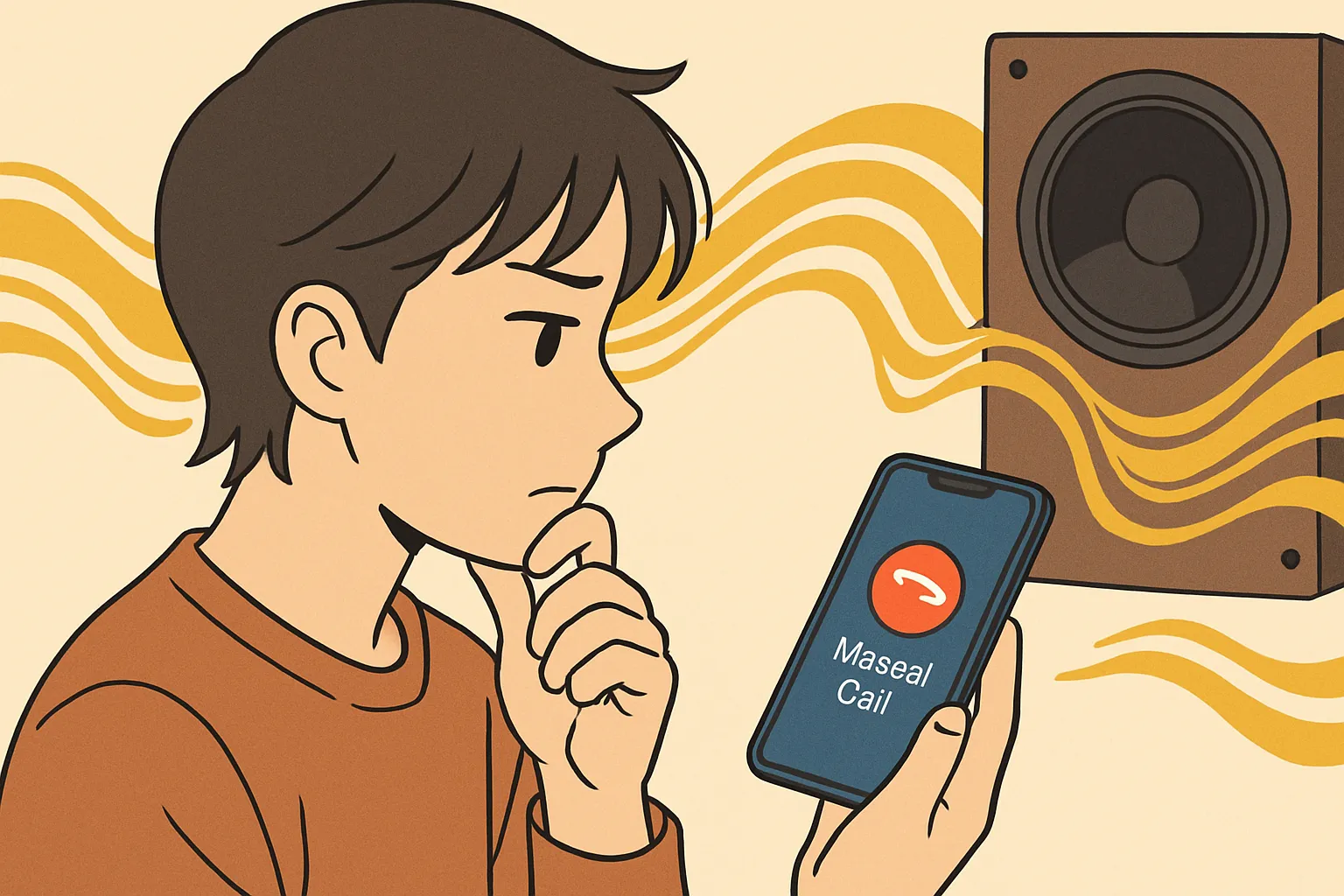Beyond Burnout: Discussing Despair in Korean
Hello! It’s your favorite Korean upgrade kit, [Daily Hangul]!
Ready to move beyond small talk and dive into the deep end? Today, we’re tackling a topic that’s as philosophical as it is relevant: existentialism and the human condition. Specifically, we’ll learn how to discuss whether despair is an inevitable part of life.
“Why such a heavy topic?” you might ask. Lately in Korea, there’s a huge societal conversation around ‘burnout syndrome’ (번아웃 증후군) and the ‘N-po generation’ (N포세대)—a term for young people who feel they have to give up on major life goals due to social and economic pressures. Understanding how to talk about these feelings of frustration and inevitability will not only elevate your Korean but also give you a deeper insight into the modern Korean psyche. Let’s get started!
Core Expressions for Deep Talks
Here are the essential phrases you’ll need to navigate this philosophical discussion.
1. 필연적 (pilyeonjeok)
- Pronunciation: [pil-yeon-jeok]
- English Meaning: Inevitable; necessary; a must.
- Detailed Explanation: This is a formal, Sino-Korean word (Hanja-based) that you’ll hear in debates, read in articles, or use when you want to sound intellectual. It doesn’t just mean “unavoidable” like 어쩔 수 없다; it implies that something is a logical or necessary consequence of a certain condition.
- Example Sentence: 가난은 실패의 필연적 결과는 아니다. (Poverty is not an inevitable result of failure.)
2. -ㄹ/을 수밖에 없다 (-(r)eul su-bakke eopda)
- Pronunciation: [-eul su-ba-kke eop-tta]
- English Meaning: There is no choice but to…; It can’t be helped that…
- Detailed Explanation: This grammar pattern is incredibly useful for expressing a sense of inevitability or lack of other options. It literally means “outside of doing (verb), there is nothing.” It perfectly captures the feeling that a certain action or state is the only possible outcome.
- Example Sentence: 계속 실패하면 포기하고 싶어질 수밖에 없어요. (If you keep failing, you can’t help but want to give up.)
3. 좌절하다 (jwajeolhada)
- Pronunciation: [jwa-jeol-ha-da]
- English Meaning: To be frustrated; to be thwarted; to despair; to feel defeated.
- Detailed Explanation: This verb goes deeper than just being sad (슬프다) or disappointed (실망하다). 좌절하다 implies a sense of defeat that comes from your plans or hopes being crushed by external forces. It’s the perfect word for when you feel like you’ve hit a wall.
- Example Sentence: 여러 번의 면접에서 떨어진 후 완전히 좌절했어요. (After failing several interviews, I felt completely defeated.)
4. 그럼에도 불구하고 (geureomedo bulguhago)
- Pronunciation: [geu-reo-me-do bul-gu-ha-go]
- English Meaning: Nevertheless; in spite of that; despite all that.
- Detailed Explanation: This is your powerhouse transition phrase for offering a counter-argument or a glimmer of hope. When a situation seems bleak, you can use 그럼에도 불구하고 to pivot and introduce a different perspective. It’s a formal and impactful way to say “but still…”
- Example Sentence: 상황은 어렵다. 그럼에도 불구하고 우리는 희망을 잃어서는 안 된다. (The situation is difficult. Nevertheless, we must not lose hope.)
Example Dialogue: A Coffee Shop Chat
Let’s see how these expressions play out in a real conversation between two friends, Minjun and Sora.
A (민준): 요즘 취업 준비 때문에 너무 힘들어. 계속 떨어지니까 점점 좌절하게 돼. 이런 고통은 그냥 인간의 필연적 조건인가 봐.
(Minjun: Preparing for a job is so hard these days. I keep getting rejected and I’m starting to feel so defeated. I guess this kind of suffering is just an inevitable part of the human condition.)
B (소라): 나도 이해해. 때로는 포기하는 것 말고는 답이 없다고 느껴져서, 희망을 잃을 수밖에 없지.
(Sora: I get it. Sometimes it feels like there’s no answer but to give up, so you have no choice but to lose hope.)
A (민준): 맞아. 그냥 다 그만두고 싶어.
(Minjun: Exactly. I just want to quit everything.)
B (소라): 그럼에도 불구하고, 여기서 멈출 수는 없잖아. 이 과정 자체에서 의미를 찾을 수도 있는 거고. 우리 맛있는 거 먹고 힘내자!
(Sora: In spite of all that, we can’t just stop here, right? We might find meaning in the process itself. Let’s eat something delicious and cheer up!)
Culture Tip: Understanding the ‘N포세대’
Today’s topic is deeply connected to a major social phenomenon in Korea: the N포세대 (N-po sedae).
- N: Represents an unspecified number.
- 포 (po): Comes from the verb 포기하다 (pogihada), which means “to give up.”
- 세대 (sedae): Means “generation.”
So, the N-po Generation is the “N-give-up Generation.” It started as the 삼포세대 (Sampo Sedae), or “3-Give-Up Generation,” who gave up on dating (연애), marriage (결혼), and childbirth (출산) due to economic hardship and social pressure.
As conditions remained tough, the list grew to the 오포세대 (Opo Sedae), adding homeownership (내 집 마련) and human relationships (인간관계). Now, “N” is used to signify that the list of things young people feel forced to abandon is continuously growing, including dreams, hope, and even life itself.
When you hear Koreans discuss this, you’re hearing a real-time, nationwide conversation about existential despair. Using the phrases we learned today will allow you to participate in and understand these incredibly important discussions.
Wrap-up & Practice Time!
Great job getting through that deep topic! You’ve learned four powerful expressions—필연적 (inevitable), -ㄹ 수밖에 없다 (no choice but to), 좌절하다 (to be defeated), and 그럼에도 불구하고 (nevertheless)—that will allow you to express complex ideas about struggle and hope.
Now, let’s put your new knowledge to the test!
- Fill in the blank:
- 아무리 노력해도 안 될 때는 ________. (When things don’t work out no matter how hard you try, you can’t help but feel frustrated.)
- Hint: Use 좌절하다 and -(으)ㄹ 수밖에 없다.
- Your Turn to be a Philosopher:
- Do you think despair is an inevitable part of life? Write a short sentence with your opinion using 필연적 and/or 그럼에도 불구하고.
Share your answers and thoughts in the comments below! We’d love to hear your perspective using these new expressions. Keep pushing your Korean boundaries






